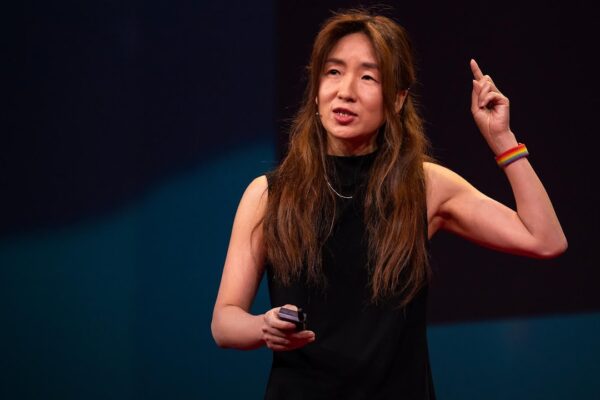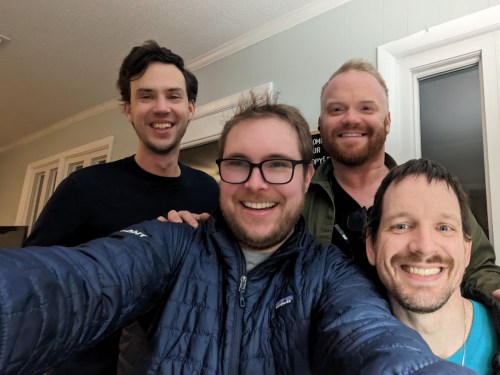In an effort to promote economic equality and address the challenges posed by automation and artificial intelligence (AI), OpenAI CEO Sam Altman is backing a startup that seeks to revolutionize land valuation. ValueBase, a six-month-old company, plans to use AI and data from various sources to automate mass appraisal modeling and property valuations for municipal property tax assessors.
A Theory of Land Ownership
Altman’s interest in ValueBase stems from his fascination with the work of 19th-century political economist Henry George. George argued that wealth was unfairly concentrated among a few individuals following the Industrial Revolution, leading to inequality. He proposed that economic value should be shared equally among all members of society by assigning the value of land to its owners.
Similarly, Altman believes that in a world where jobs are becoming less economically valuable, a land tax could replace income tax and ensure that everyone’s assets increase as land values grow. This idea is not new; George’s theory was first introduced over a century ago. However, with the advent of AI, ValueBase aims to make it more feasible.
ValueBase’s Approach
ValueBase co-founder Lars Doucet explains that their approach involves flipping the traditional model used by property tax assessors. Instead of focusing on building characteristics, they plan to value land first. This is made possible by collecting data from various sources such as weather balloons, aerial photography vendors, and other suppliers.
Doucet notes that this method allows for more accurate valuations without requiring invasive inspections or manual appraisals. By understanding the key drivers of property value, ValueBase can automate much of the appraisal process, providing benefits to both municipal assessors and homeowners.
A Higher Calling
While ValueBase’s primary goal is to provide an innovative solution for land valuation, its founders have a more ambitious vision. They aim to create a comprehensive database of land values across the United States and beyond. This would enable cities and governments to make informed decisions about property taxes and development plans.
As Doucet puts it, "If someone asks, ‘What’s all the land in Idaho worth?’ and ‘Can you tell me down to the parcel?’ we’ll be the first people they want to call about that." While this might seem like a lofty goal at present, ValueBase believes that with AI and data-driven insights, such a vision can become a reality.
Backed by OpenAI’s CEO
Sam Altman has put his money where his mouth is by leading a $1.6 million seed round in ValueBase through Hydrazine Capital, a fund he co-founded with Ryan Cohen. The investment round also included contributions from notable figures such as former GitHub CEO Nat Friedman and serial entrepreneurs Sahil Lavingia and Erik Torenberg.
Why ValueBase Matters
ValueBase’s innovative approach to land valuation has the potential to reduce income inequality by providing an alternative to traditional tax models. As AI continues to reshape industries, it is essential to consider how these technologies can be harnessed for social good.
By automating land valuations and creating a comprehensive database of property values, ValueBase aims to create a more equitable society where economic opportunities are distributed fairly among all citizens. With the backing of OpenAI’s CEO and other prominent investors, this startup is well-positioned to make its vision a reality.
Conclusion
ValueBase represents an exciting opportunity for AI and data-driven insights to address long-standing social issues such as income inequality. By leveraging cutting-edge technology and innovative thinking, this startup can create a more just society where everyone has access to economic opportunities.
As ValueBase continues to develop its platform and expand its reach, it is essential to monitor the progress of this pioneering effort. Will it succeed in promoting economic equality through AI-driven land valuations? Only time will tell, but one thing is clear – ValueBase is an exciting step towards a more equitable future.







